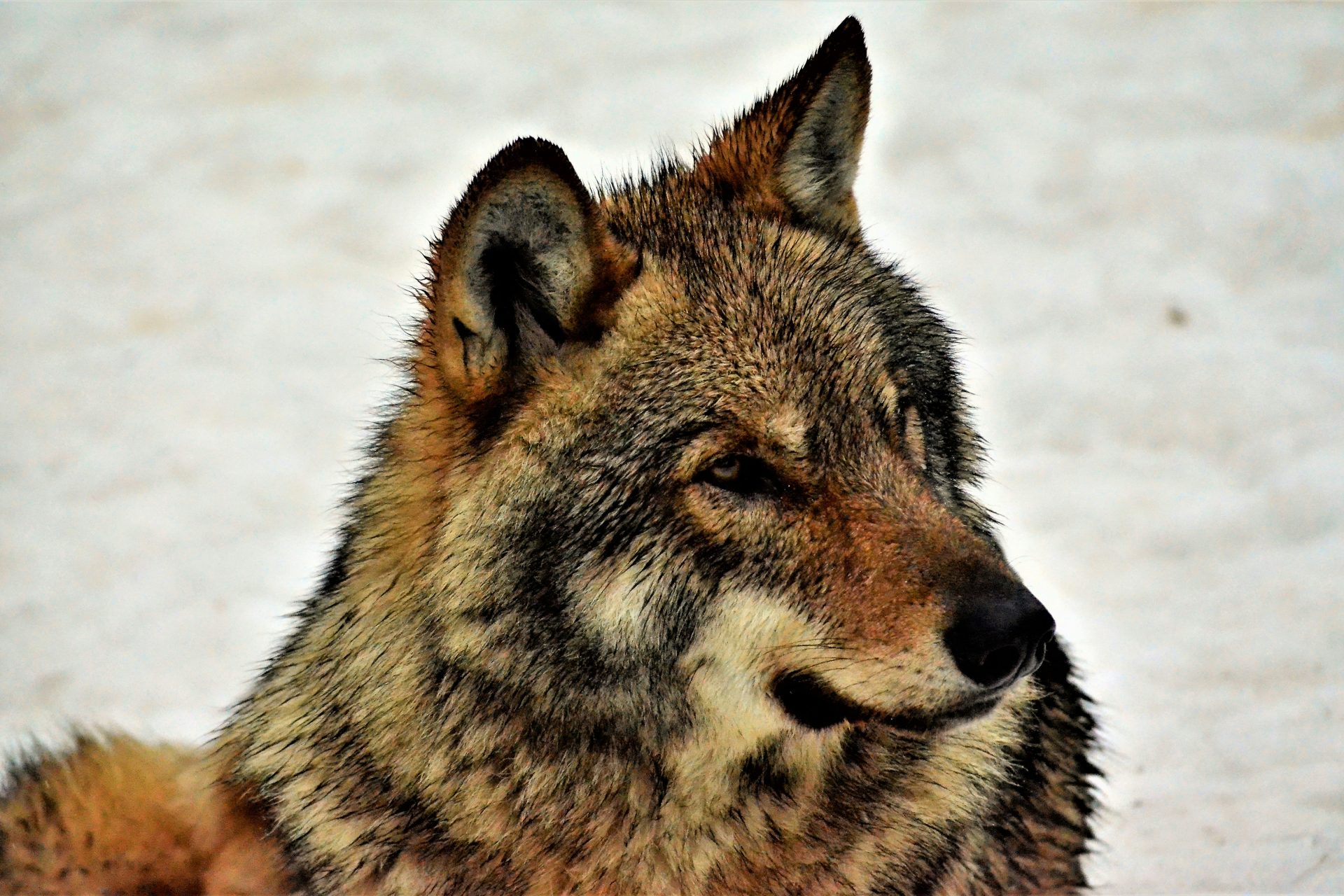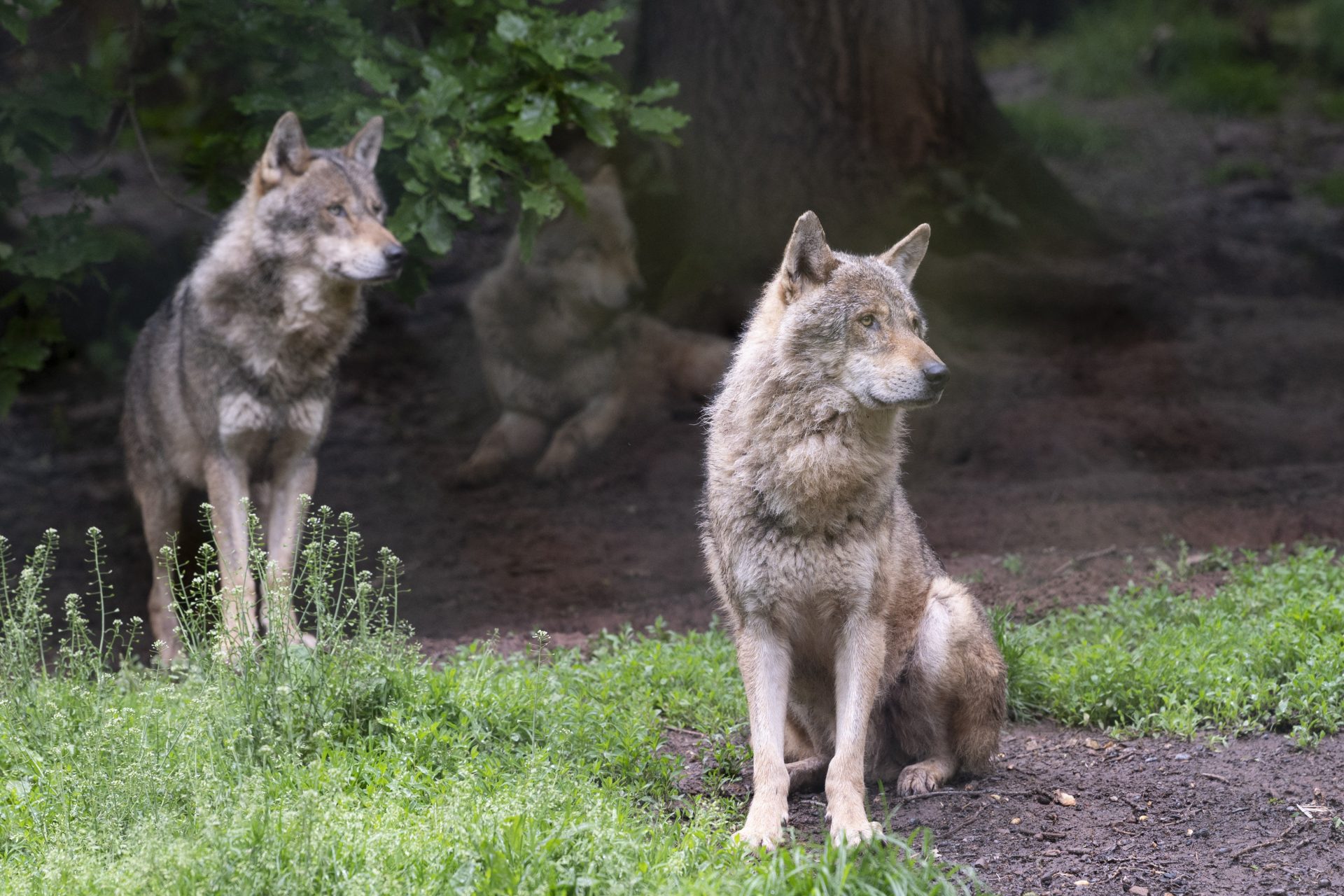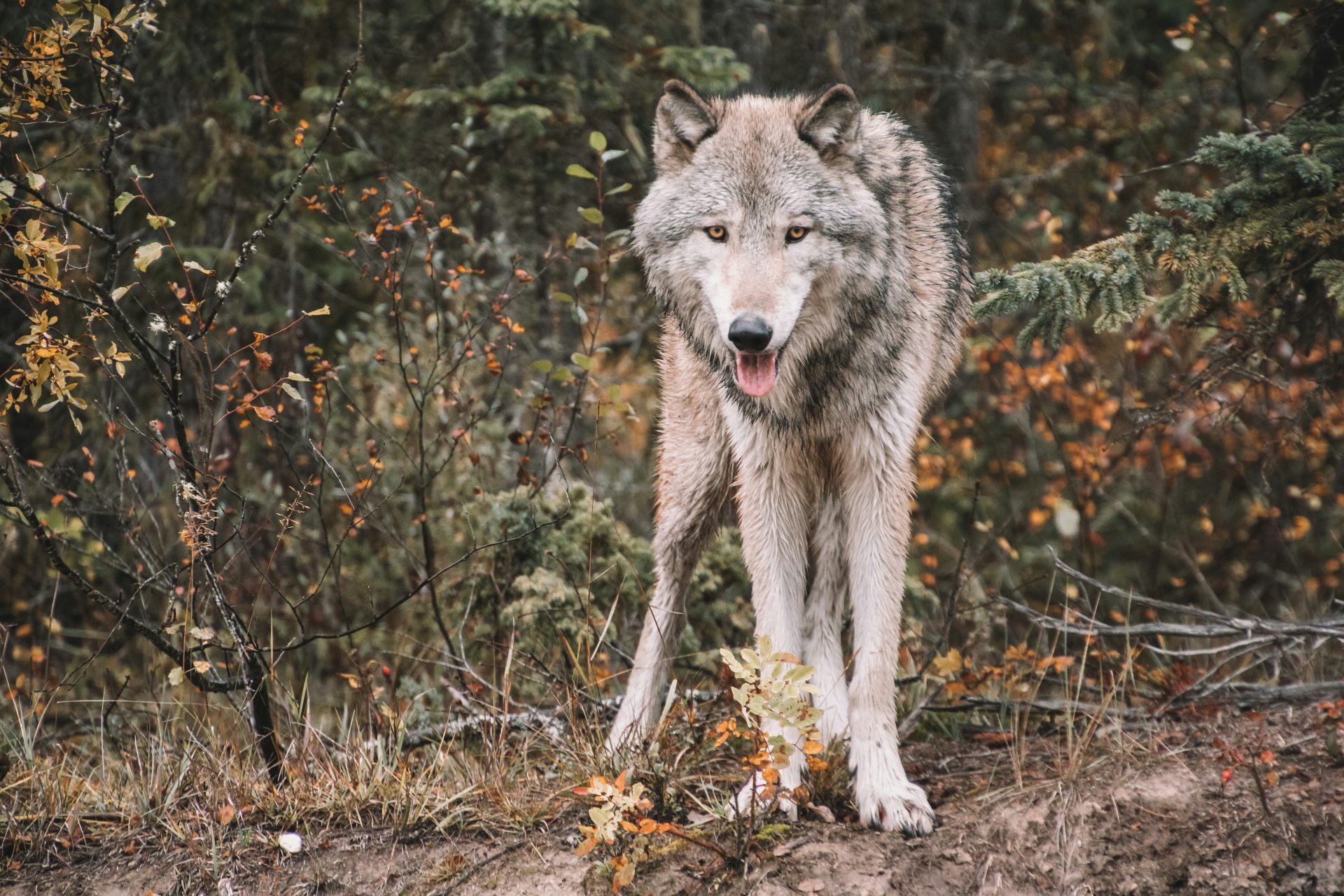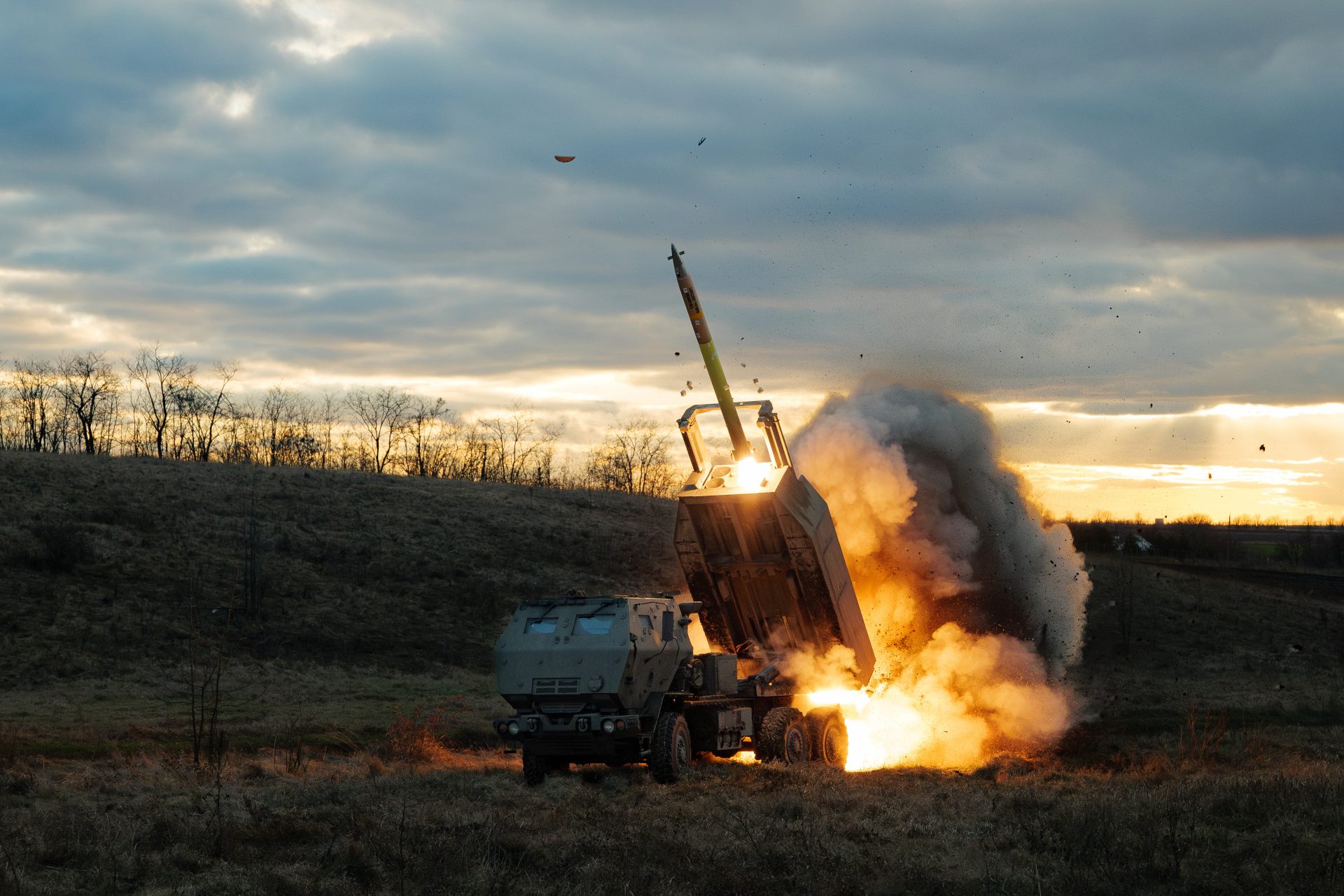How Chernobyl's mutant wolves could be the key to fighting cancer
Sometimes, the biggest challenges, the most traumatic moments, can bring unexpected results, positively. If you don't believe it, there's no further looking than the mutant wolves of Chernobyl.
Chernobyl is a ghost town in Ukraine that will forever be associated with horror and tragedy. However, between the ruins of the nuclear nightmare, there’s still life that grows and develops amid adversity.
Four decades after the reactor explosion, the Chernobyl Exclusion Zone (CEZ) roughly covers 1,000 square miles surrounding the remains of the nuclear plant and the nearby abandoned town.
According to Popular Mechanics, the CEZ has become the ideal experiment for scientists to understand how flora and fauna develop after extreme radiation.
Although you might think of Chernobyl as a nuclear wasteland, the truth is that the environment is an entire ecosystem that has been forced to evolve and adapt quickly in the face of unique conditions.
Researchers from Princeton University studied wolves living in the CEZ and discovered, to their surprise, that these animals were thriving compared to wolf packs in their vicinity.
Wolves are apex predators and those in Chernobyl would be eating irradiated herbivores, surviving on eating plants full of radiation, growing in irradiated soil.
Image: alex_brov / Unsplash
However, instead of getting sick, the wolves surrounding Chernobyl have quickly developed cancer-resistant genes to survive.
“Gray wolves offer a really interesting opportunity to understand the impacts of chronic, low-dose, multigenerational exposure to ionizing radiation because of the role that they play in their ecosystems”, explains Princeton evolutionary biologist Shane Campbell-Staton to NPR.
Image: olegivanovpht / Unsplash
Cancer is one of the biggest consequences in the aftermath of the Chernobyl disaster. According to NPR, there were at least 1,800 documented thyroid cancer cases in children of the region after radiation was released into the environment.
Humans weren’t the only ones affected. The canine population of Chernobyl also developed higher cancer rates around Chernobyl, which the scientists extrapolated to the gray wolves living in the area.
Image: blreak14 / Unsplash
However, as Popular Mechanics highlights, the Princeton researchers believe that rapid natural selection occurred, where wolves with cancer-resistant genes managed to survive and pass their genes to the next generation.
Another point in their favor was the lack of a human population within the CEZ, allowing them to freely grow and roam in the woods around Chernobyl.
“We have started collaborating with cancer biologists and cancer companies to help us to interpret these data”, comments Princeton evolutionary biologist Shane Campbell-Staton to NPR.
Campbell-Staton remarks that he hopes the research done on the wolves of Chernobyl could offer novel therapeutic alternatives to deal with cancer.
However, politics sometimes gets in the way of science and recent events in Ukraine has brought problems for the Princeton University team.
The Russian invasion of Ukraine in February 2022 has halted the Princeton study until Chernobyl is accessible for the researchers again.
“With the war and everything going on in the region, we aren't able to get back out to be able to ask directly”, Princeton biologist Cara Love told NPR.
“What's happening in the region now is obviously far more important than research at the moment, so priorities are where they should be, I think”, the Princeton biologist stated.
Until the war ends in Ukraine, the mystery of the wolves of Chernobyl and how they can help us with cancer will remain.
More for you
Top Stories

































